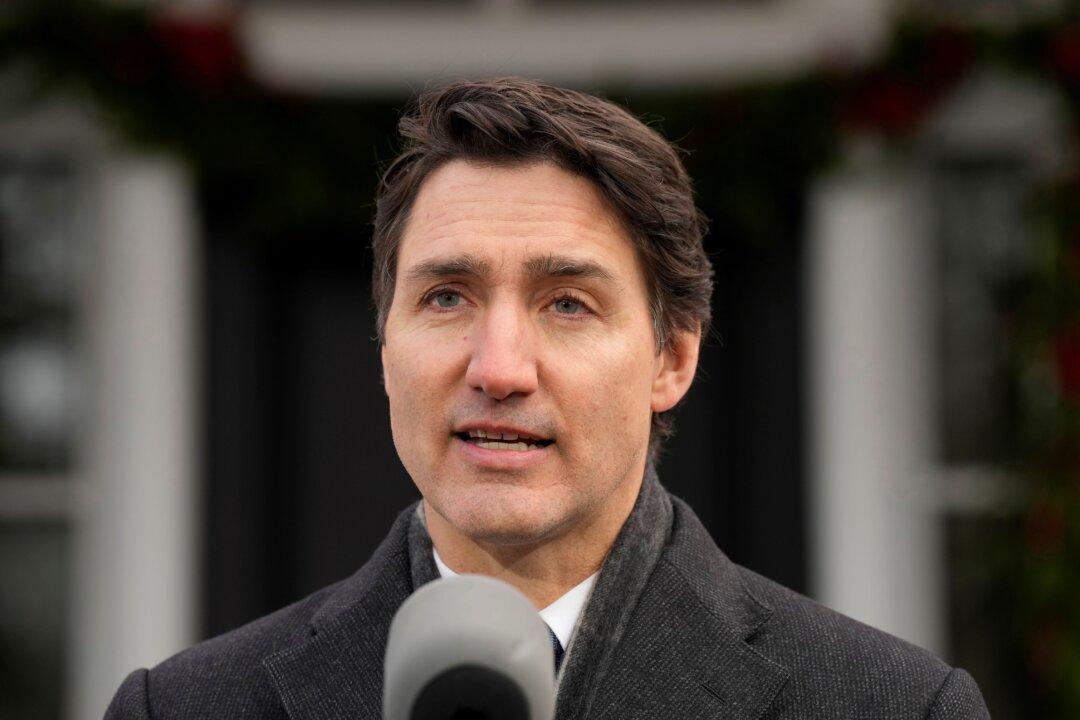Canadian Prime Minister Justin Trudeau has announced he will resign as prime minister and Liberal leader after a replacement is chosen. He also asked Gov. Gen. Mary Simon to prorogue Parliament until March 24, a request Simon granted.
“Last night over dinner, I told my kids about the decision that I’m sharing with you today. I intend to resign as party leader, as prime minister, after the party selects its next leader through a robust, nationwide, competitive process. Last night, I asked the president of the Liberal Party to begin that process,” Trudeau said on Jan. 6.





